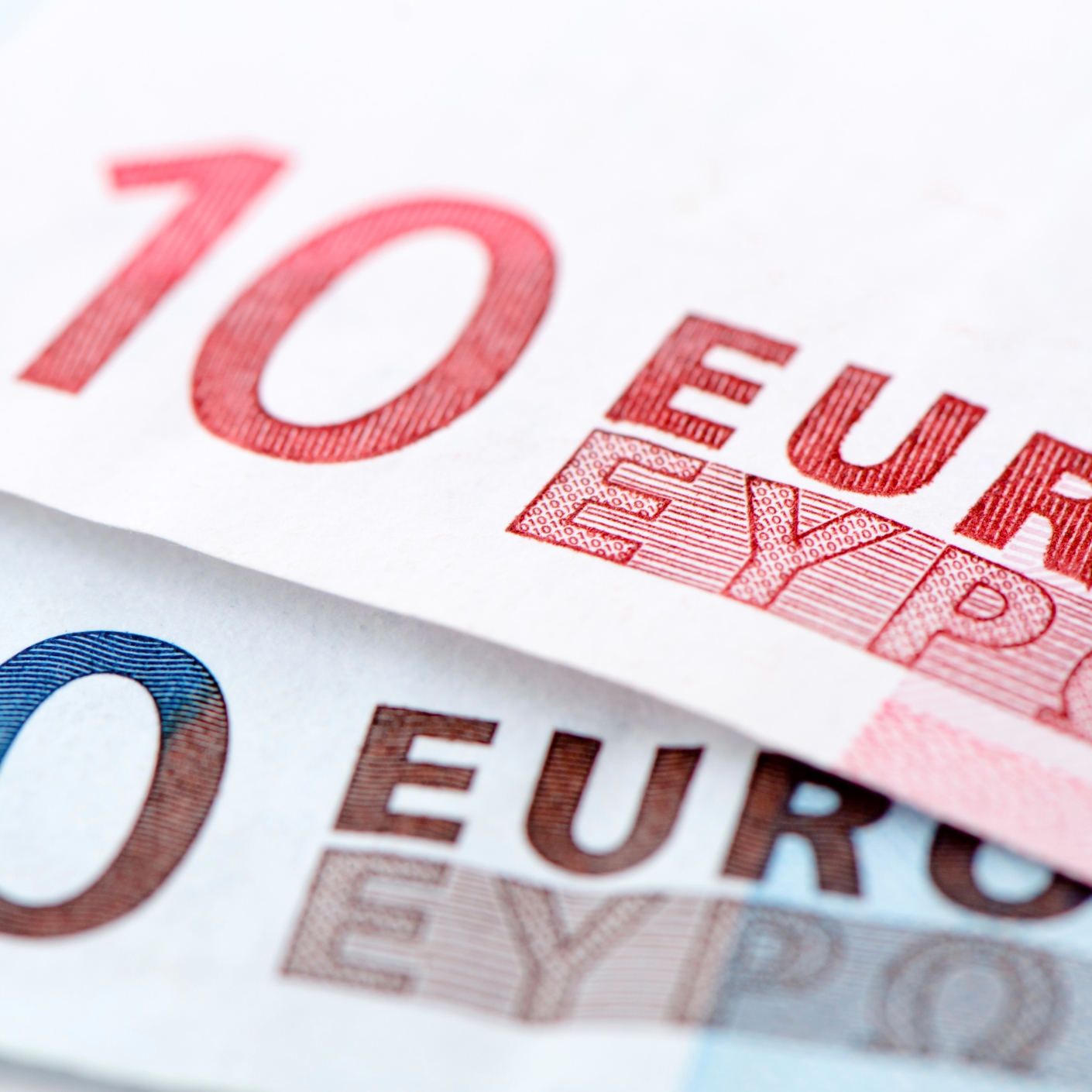
Apple Inc. (NASDAQ: AAPL) and its Ireland-based subsidiary were slapped with a $14.5 billion penalty last year related to an alleged sweetheart tax deal that the U.S. firm received from the government of Ireland. After a relatively brief argument with the European Commission (EC), Ireland and Apple agreed that the company would set up an escrow account in Ireland and pay the $14.5 billion into the account pending the outcome of appeals against the EC ruling.
Maybe Ireland and Apple hoped everyone would forget about the escrow account because until Monday morning, not much was heard about it. This morning came a report that Apple and the Irish government have agreed on terms to fund an escrow account for the alleged back tax bill. Apple’s payments would begin in the first quarter of next year.
The EC had to prod Ireland in October with a referral to the European Court of Justice (ECJ) before the government would get off the dime. Ireland’s finance minister meets Monday with the EC’s antitrust leader to brief her on the deal. The EC indicated that it will only close the ECJ proceedings when Ireland recovers the full amount due from Apple.
The EC’s 2016 decision is based on its determination that Apple received a favorable — and illegal — Irish tax ruling in 1991 that set the company’s tax rate in Ireland at just 0.005% on profits the company earned between 1991 and 2007. The EC’s ruling gave Ireland until January 3, 2017 to recover the funds.
The core of the dispute concerns tax rulings, issued by Ireland to Apple in 1991 and 2007, which provided that income related to intellectual property rights held by Apple Sales International (ASI), an Irish registered non-resident company, were not taxable in Ireland. The theory advanced by Apple is that the intellectual property rights were held by the company’s “head office” in the United States.
In the EC’s view, these amounts were taxable in Ireland as there was no “head office” capable of managing the intellectual property rights. Thus, the income must be attributed to the Irish branch. The EC also argued that the Irish tax rulings understated profits properly attributable to activities carried out in Ireland.
Both Apple and Ireland have appealed the EC ruling to the European Union’s General Court.
Thank you for reading! Have some feedback for us?
Contact the 24/7 Wall St. editorial team.

 24/7 Wall St.
24/7 Wall St.



